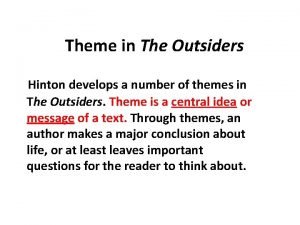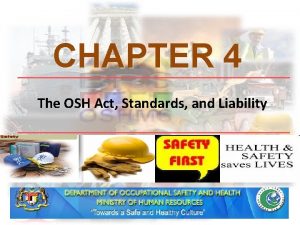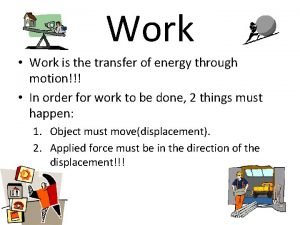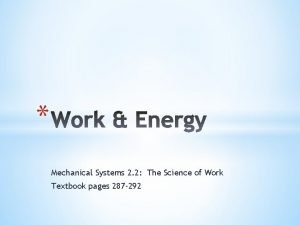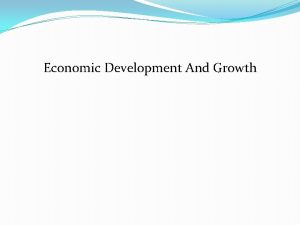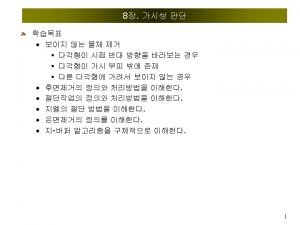WRITING AS A PRODUCT Economic writing applies economic







- Slides: 7

WRITING AS A PRODUCT Economic writing applies economic theory to derive insights about and explain answers to a question or problem

WHAT SCIENCE SAYS ABOUT WRITING

WRITING STEPS • Pre-writing or exploration; • Writing the first draft; • Revising; and • Editing

FEATURES OF ECONOMIC WRITING • Good writing should be focused, not fuzzy; • Good writing should be organized; • Good writing should be solidly developed; • Good writing should be clear, concise, and precise; and • Good writing should be free of grammatical errors.

GIVING CREDIT FOR INTELLECTUAL PROPERTY All writers must avoid plagiarism. Plagiarism is taking credit for someone else’s words or ideas, even when it is unintentional. It is a form of academic dishonesty. There are two types of plagiarism: • Using someone else’s words as if they were your own; and • Using someone’s unique idea without attribution.

WRITING THE FIRST DRAFT No one can write a perfect paper in one draft. Good writers write many drafts, revising and revising again, until they get it write. Before you start writing, there is one key question you need to address: who is the audience for your paper? As Mc. Closkey (2000) observes, if you fail to identify your audience, your paper will almost certainly miss the target. Steven A. Greenlaw (2006) encourages his students to write to Economics majors who are at the same level as they are.

REVISING THE PAPER Every first draft can be improved by revision. Booth et al. (1995, 171) observe that “experienced writers and beginners have different attitudes towards the first draft. ” The experienced writer takes the first draft as a challenge: I have the sketch, now comes the hard but gratifying work of discovering what I can make of it. The beginner takes it as a triumph: Done! I’ll change that word, fix this comma, run the spell-check, and <Print>. A first draft is indeed a victory, but resist that easy way out.
 The outsiders themes
The outsiders themes A term that applies to a program or applet
A term that applies to a program or applet The osha ionizing radiation standard applies
The osha ionizing radiation standard applies A teacher applies a force to a wall and becomes exhausted.
A teacher applies a force to a wall and becomes exhausted. Work is the transfer of
Work is the transfer of A teacher applies a force to a wall and becomes exhausted.
A teacher applies a force to a wall and becomes exhausted. Economic growth vs economic development
Economic growth vs economic development Economic growth and development
Economic growth and development
